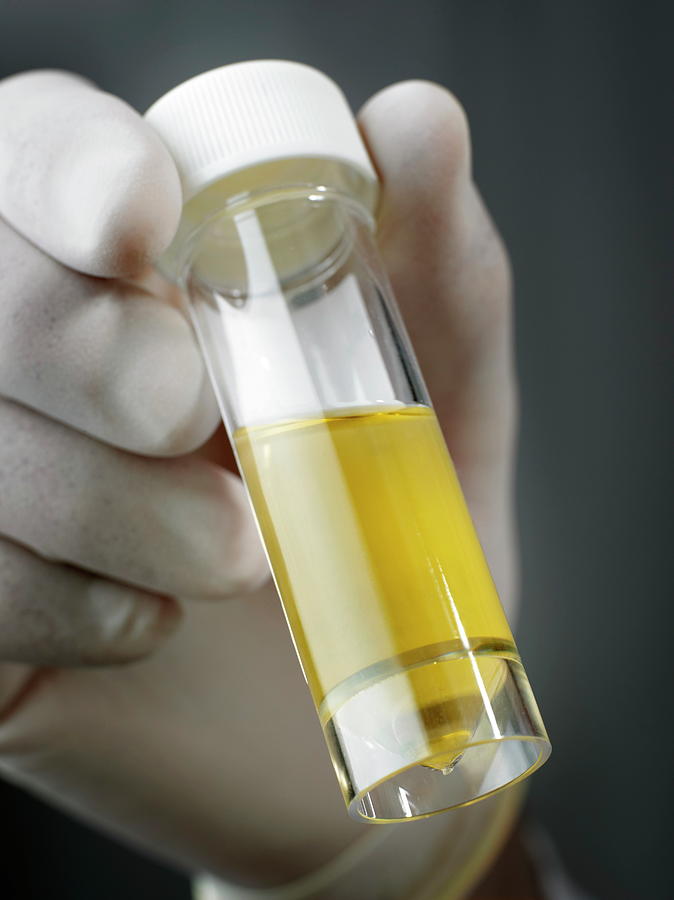Synthetic urine is used in a variety of applications, for example medical research, drug testing, and calibration of urinalysis equipment. While synthetic urine can serve as a helpful resource in a few conditions, its effectiveness depends on specific variables and contexts. On this page, we shall explore conditions through which synthetic urine is best suited. One of the primary applications of synthetic urine is at drug testing. Users and companies usually require drug tests in their selecting process or even to maintain a drug-free workplace. Synthetic urine can be an option for individuals who want to disguise the actual existence of prescription drugs in their process. Nevertheless, it is very important remember that the effectiveness of synthetic urine in drug tests mainly is dependent upon the style of the testing method used. In simple drug tests, synthetic urine can be extremely efficient. These tests usually entail a simple dipstick or immunoassay assessment, which investigations for the presence of popular medicines like weed, cocaine, amphetamines, and opioids.

Synthetic urine usually provides the necessary elements and chemical markers that simulate all those present in natural urine, letting it complete these fundamental tests properly. Nonetheless, more complex drug testing strategies, including fuel chromatography-bulk spectrometry GC-MS or water chromatography-tandem mass spectrometry LC-MS/MS, can identify the presence of synthetic urine. These tests are extremely vulnerable and can differentiate among natural urine and synthetic substitutes. In such cases, the effectiveness of synthetic urine diminishes substantially, as chances are it will be found and flagged as a fake sample. The effectiveness of synthetic urine is additionally affected by the inspection of the testing process. Some drug tests may be conducted beneath immediate viewing, exactly where an observer makes certain the sample is not really tampered with or substituted. In such circumstances, using synthetic urine becomes far more challenging, mainly because it demands the person to try to discreetly alternative the sample together with the synthetic urine, without having increasing suspicion.
The effectiveness of synthetic urine is hence lessened in conditions where primary viewing is engaged. Apart from drug testing, lab-manufactured urine is likewise useful for various other functions, for example testing the functionality and precision of urinalysis equipment or carrying out medical research. In these cases, synthetic urine might be highly effective as it possesses an operated and standardized sample which you can use consistently. It will allow scientists and equipment manufacturers to judge the dependability and persistence with their tests or gadgets without the need of depending on real human urine samples, which could fluctuate in structure and high quality. It might be reasonably great at standard drug tests that count on much less advanced testing approaches. However, in superior drug tests or conditions concerning primary viewing, the probability of synthetic urine simply being found raise significantly. In addition, for functions like research and equipment calibration, fake urine establishes very effective, delivering a standard sample for repetitive use. It is recommended to understand the restrictions and probable hazards connected with making use of synthetic urine to make certain conformity with testing practices and rules.
